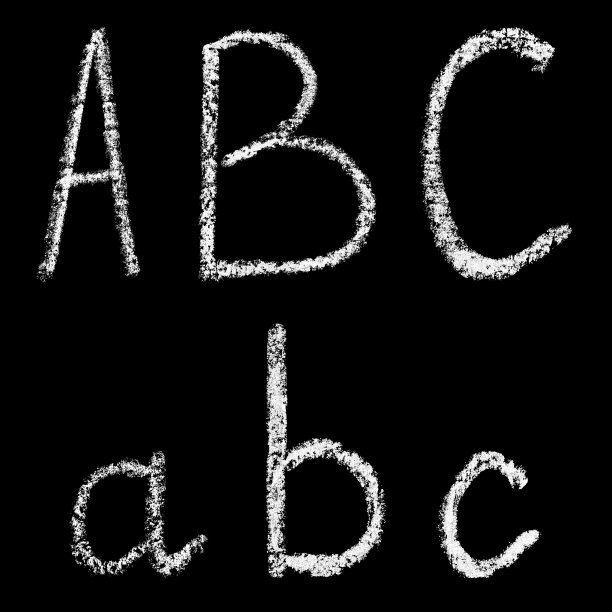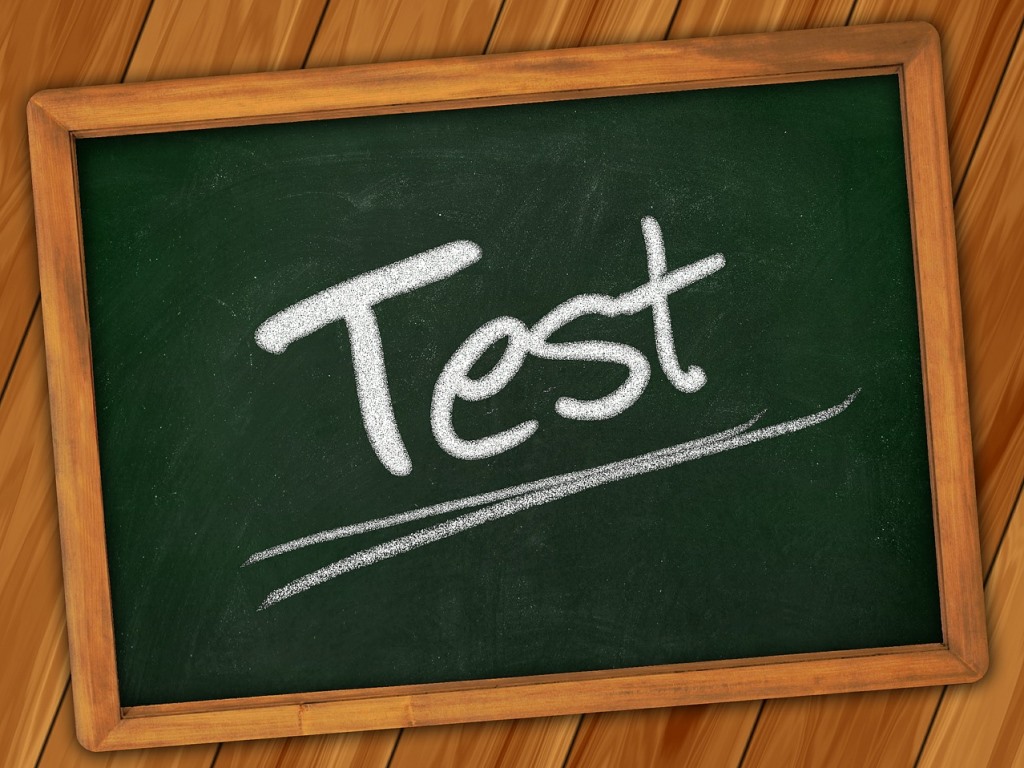As a student at Hampton University, utilizing Blackboard effectively can significantly streamline your study process. Blackboard is an essential tool for accessing course materials, submitting assignments, participating in class discussions, and tracking grades. The following guide is tailored to help you master the Blackboard platform at Hampton University so you can make the most of your academic experience.
Accessing and Customizing Your Blackboard Account
To start, access Hampton University’s Blackboard by visiting the university’s designated Blackboard URL and log in using your student credentials. After logging in, take the time to customize your account settings. You can adjust notification settings to alert you of new content, assignments, and due dates relevant to your courses. Additionally, organize the dashboard to prominently display the courses you access most frequently. This initial setup can help you stay alert to your academic requirements and deadlines.
Exploring Course Layout and Content Areas
Upon entering a course on Blackboard, you’ll generally find a consistent structure with areas for announcements, syllabi, course materials, assignments, discussions, and grades. Familiarize yourself with the content layout of each of your course pages. Knowing where to find lecture notes, reading lists, and supplementary materials will save you time when studying or completing assignments. Pay particular attention to the course calendar, which likely includes key dates for your assignments and exams.

Maximizing Study Efficiency with Blackboard Tools
Leveraging the Calendar and Task Tools
Blackboard’s built-in calendar tool is a great way to keep track of your academic schedule. This feature allows you to view all of your course deadlines, class times, and other important dates in one place. You can also use the tasks tool to create a personal checklist of things to do, ensuring that you never miss a deadline or forget to prepare for an important class topic. Regularly reviewing these tools can help you plan your study time more efficiently and avoid last-minute stress.
Utilizing Multifaceted Learning Resources
Blackboard hosts a variety of learning materials to cater to different learning styles. Beyond text-based resources, look for audio and video lectures, interactive quizzes, and discussion forums. These additional materials can reinforce your understanding of course concepts and offer alternative ways to engage with the subject matter. Use them to supplement your study sessions and to review topics that are challenging to grasp.

Effective Communication via Blackboard
Engaging with Instructors and Classmates
Communication is key to your success on Blackboard. Use the email and discussion board features to ask questions, clarify assignment details, and engage in course discussions. These tools can be particularly useful for online courses where face-to-face interaction is limited. Regularly participating in discussions can also enhance your understanding of the subject and provide exposure to diverse perspectives from your peers.
Collaborating on Group Projects
Many courses require group work, and Blackboard’s collaborative tools like groups and wikis facilitate this process online. Use these features to share files, assign tasks, and communicate with group members. Embracing these collaborative tools early on can streamline group projects and ensure that everyone is on the same page, regardless of physical location.

Staying on Top of Your Academic Progress
Monitoring Grades and Feedback
Blackboard’s Grade Center is where you can monitor your performance throughout the semester. It provides a detailed view of your grades for individual assignments and overall course progress. Regularly check this section to stay informed about your current standing and to identify areas where you might need to improve. Additionally, take the time to read through any feedback from your instructors, as it can offer valuable insights to enhance your future work.
Reviewing and Reflecting on Course Analytics
Blackboard also offers analytics that can give you insight into your learning habits. These analytics can show how frequently you log in, which resources you use the most, and how your activity correlates with your performance. Use this data to reflect on your study habits and make adjustments as necessary to improve your efficiency and effectiveness.

Enhancing Learning with Assignment and Assessment Tools
Strategizing Submission and Utilization of Feedback
Staying on top of coursework involves not only noting due dates but also strategizing how and when to tackle assignments. Use Blackboard to plan ahead by breaking down larger assignments into manageable parts and setting personal deadlines. After submitting assignments through Blackboard, it’s crucial to review feedback provided by instructors. This feedback is not just a critique but a learning tool that can guide improvements in subsequent submissions. Through the ‘My Grades’ section, closely examine the comments and incorporate the suggested changes into your future work.
Mastering Test-Taking and Quizzes on Blackboard
Blackboard often serves as the platform for online quizzes and exams. Familiarize yourself with the test interface beforehand by completing any practice quizzes available. Understand the types of questions you might encounter (multiple-choice, short answer, etc.) and how the system records and submits your answers. Ensure a stable internet connection during tests and be aware of the time limit, as some assessments may be timed. If you encounter any technical difficulties during an exam, contact your instructor immediately to resolve the issue and discuss possible solutions.

Building a Supportive Network
Creating Study Groups and Peer Networks
Blackboard’s collaborative features extend beyond just group projects—they can be used to establish study groups and peer networks. Use the ‘Groups’ feature to set up virtual study sessions where you can review course materials and prepare for exams together. These networks can provide mutual support, diverse perspectives, and increased motivation. In addition to academic collaboration, these groups can offer social interaction, contributing to a well-rounded university experience.
Gaining Insight from Peer Contributions
Part of the learning process is engaging with the contributions of your classmates. When participating in discussion forums and group work, take the opportunity to learn from the insights and viewpoints of your peers. Their questions and understandings can shed light on aspects of the course materials you may not have considered. Moreover, by constructively critiquing the work of others, you can sharpen your critical thinking skills and deepen your own comprehension.
By following this guide, Hampton University students can better navigate and utilize Blackboard to streamline their studies. From personalizing your dashboard and familiarizing yourself with course content to effectively communicating and collaborating with peers, these tips can lead to a more organized and successful academic experience. Regularly engaging with Blackboard’s tools and resources can help you take control of your learning and achieve your educational goals.